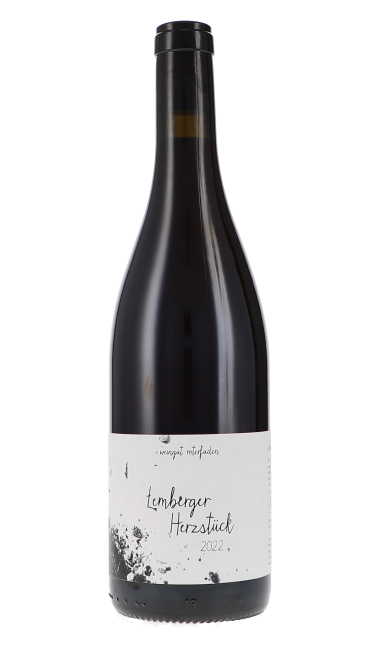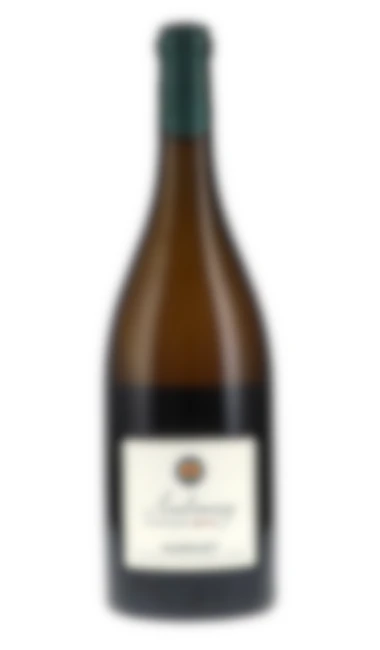Showing all 5 results
Red thread
The Roterfaden winery, run by Olympia Samara and Hannes Hoffmann, represents the epitome of handmade wine art. Every step, from planting to harvesting to bottling, is done by their own hands - always in accordance with biodynamic principles. With the support of family and friends, wines full of love, liveliness and individuality are created here, characterised by fresh air and plenty of fun.
The wines
On soils of pure shell limestone and picturesque, dry-walled terraces, the varieties Lemberger, Pinot Noir and Riesling thrive. The winery consciously relies on minimal intervention in the cellar, following the principles of anthroposophy to give space to the uniqueness of each drop.
Lemberger
This wine grows powerfully on the shell limestone and embodies a deeply felt contentment and serenity every year. Self-confident and unimpressed by external influences, it captivates with its clear and pleasant presence.
Pinot Noir
Pinot Noir is characterised by its lightness and vital energy. With its dreamy and harmony-conscious character, it brings a smile to every connoisseur's face and subtly accompanies every occasion.
Riesling
A wine with a rebellious note! The Riesling lives from its individuality and does not shy away from being the centre of attention. With its distinctive typicity, it offers exciting and entertaining moments of taste.
Lviv terminal loop
A wine variant that knows how to surprise. It demands special attention, but then reveals its true self - characterised by tension and complexity.
Riesling End Loop
It is the purist among the wines. Clarity of form, edge and line dominate its character. It stands for organisation and structure and skilfully dispenses with any frills in order to concentrate on the essentials.
Discover the authentic and characterful wines of Weingut Roterfaden and immerse yourself in a world full of passion and craftsmanship!



